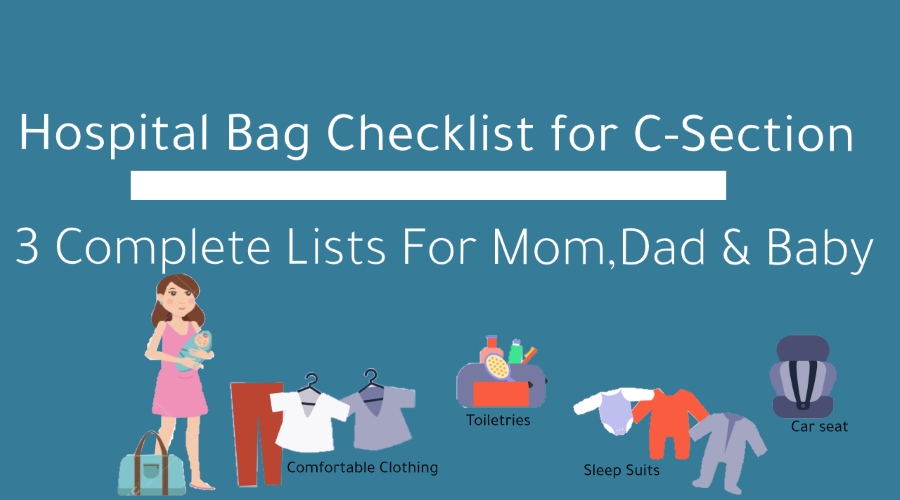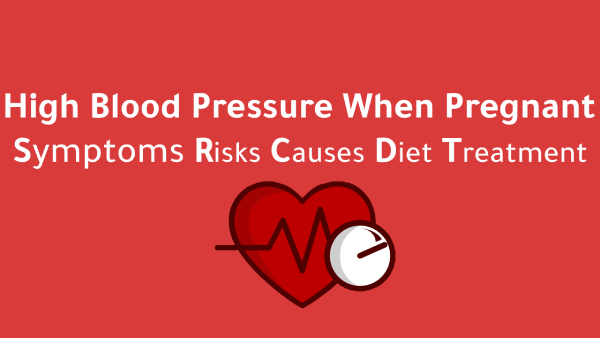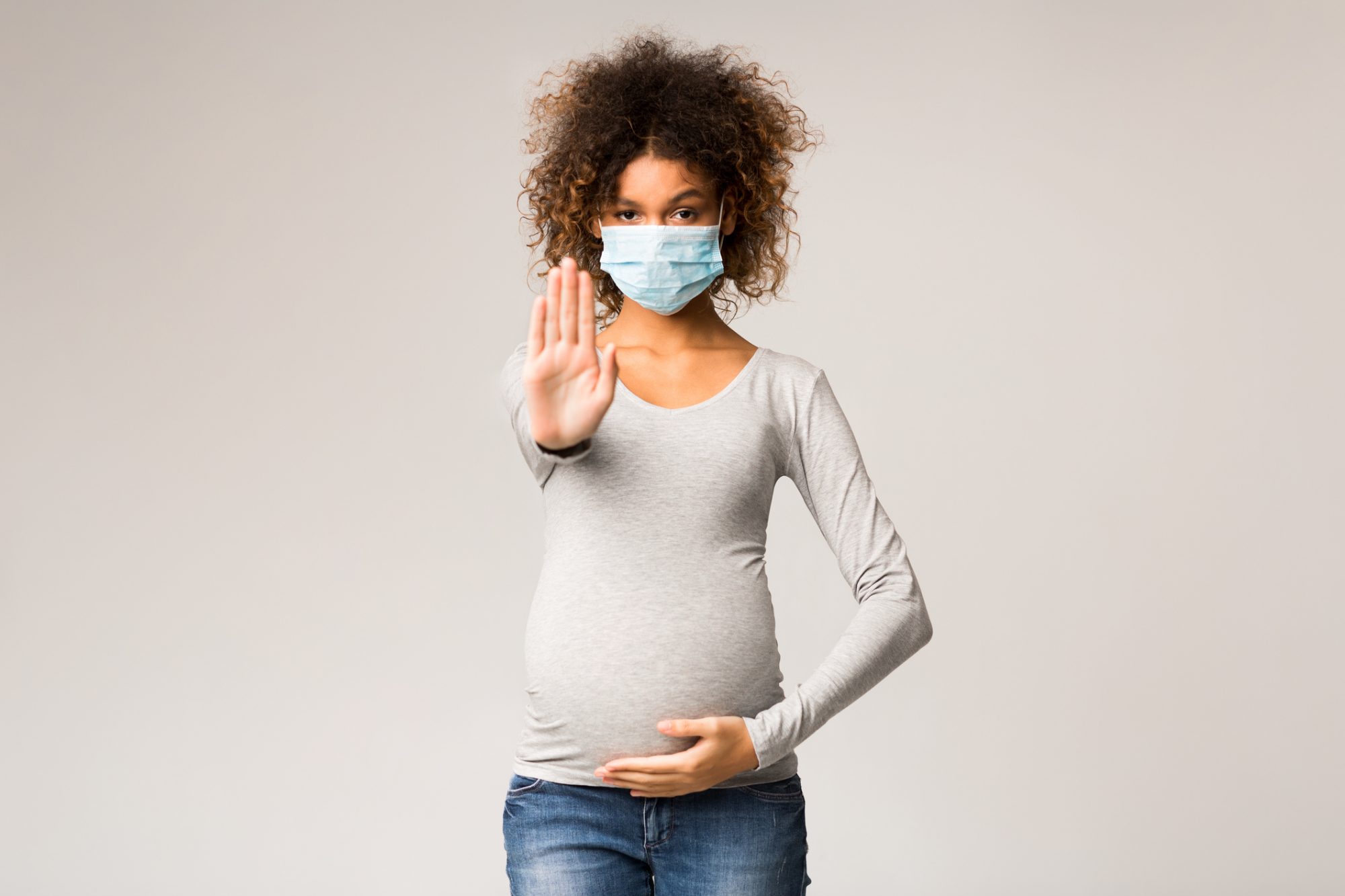

Ovaries are a very important constituent of the female reproductive tract. There are two ovaries which are small sac-like structures attached to the ends of the fallopian tubes of the uterus. It is adhered to the walls of the abdomen along with the uterus with ligaments and other supporting structures. Ovaries release very important hormones called estrogen that help in the development in the sexual characteristics of a young girl and the other. Another hormone called progesterone helps in the nourishment and development of the growing fetus. Each ovary also releases an egg every month, alternatively.
A woman might develop a cyst at some point in her life, but because most cysts do not have any symptoms, most women do not realize they even have a cyst.
• Functional cyst, is the most common type of cyst in an ovary, that occurs after an egg has retained in the ovary and is not released in the fallopian tube or the follicle that has released the egg closes immediately after the release of the egg.Due to this water starts to accumulate in the retained cyst and the cyst may grow in size.
• Hemorrhagic cyst is when blood is accumulated in a functional cyst.
• Corpus lutuem cysts form when an egg is released but the follicle that stayed behind does not dissolve back into the ovary. Similarly, the fluid accumulated in the cyst can cause it to grow in size
• Dermoid cyst are a bizarre form a benign tumor in an ovary. They contain various types of tissues for example hair, teeth, thyroid tissue in itself.
• Cystadenomas of the ovaries are filled with mucus and present as large masses in the abdomen.
• Endometroid cyst are a subtype of another disease of the uterus called endometriosis in which the uterine tissue grows outside the uterus. And if they grow on the ovary, they cause a unique cyst know on as the chocolate cyst in the ovary and are non-cancerous.
• Polycystic ovarian syndrome is one of the most common cyst present in an ovary. There are multiple small cysts that occupy the substance if the ovary as a result if increased male hormone in the female body known as androgen.
Women often worry if they can get pregnant once they are diagnosed with ovarian cysts. These cysts might seem menacing, but that is not the case. Most ovarian cysts are not the prime cause of infertility which means that a woman can get pregnant with an ovarian cyst. If you have an ovarian cyst, your doctor would still further investigate you for other causes of infertility if you are trying to get pregnant. However, there are a few exceptions present in this case. Ovarian cysts because of endometriosis becomes an obstacle for women trying to get pregnant and the chances reduce by 50%. It is because the abnormal uterine tissue in the ovary cause retention of the egg and the blood which produces cysts that can make you infertile.
Similar is the case with polycystic ovarian syndrome. A normal ovary would release an egg in every month, but in a polycystic ovary, eggs do not mature for them to be released, which is why immature eggs stay back in the ovary every month, that makes the ovary retain multiple immature eggs, hence the name polycystic ovaries. And because the eggs are not maturing or getting released into the fallopian tube, many women find it hard to become pregnant with this disease, as well.
It is very common for most women to develop a cyst during the early periods of her pregnancy and it is also considered normal. They usually are harmless and go unnoticed because they produce no symptoms.
This cyst is the corpus luteul cyst that persists after the release of a mature egg into the fallopian tubes. A very important hormone is produced by this retained cyst called progesterone to maintain the pregnancy. Without this hormone, a woman would miscarry in any pregnancy.
In a case of Polycystic ovarian syndrome, even if you get pregnant, it will be regarded as a high risk pregnancy as the chances of you developing diabetes or hypertension during your pregnancy increase three fold. There is also a risk of your pregnancy ending in a miscarriage or in a premature delivery.
Moreover, if there is an abnormal cyst present in your ovary then that can cause unfavorable symptoms during the pregnancy. Your symptoms will also depend on how big your ovarian cyst is.
As the pregnancy progresses, the chances of these symptoms getting severe also increases. If a cyst is large enough that occupies more space then it can get twisted in its natural position around its blood vessels and block its own blood supply.
In the worst case possible, these cysts might even rupture during the pregnancy. This condition is a medical emergency and it is best if you see a doctor immediately. The symptoms in such cases include:
If a cyst ruptures in the early days of pregnancy, then it can be confused with ectopic pregnancy which gives the same picture. Your doctor would perform an ultrasound in you to rule out the causes of your sudden pain.
A serum beta HCG test can also be performed on you to know the situation better.
The supportive management for an ovarian cyst that is causing symptoms which include:
• Oral contraceptives pills to reduce the size of the cyst if the cyst is already smaller in size, or to reduce the bigger cysts before proceeding for surgery.
• Pain killers
If the cysts are larger in size and do not resolve on its own, then your doctor might resort to surgical treatment to remove the cyst. This can be done by:
Though it is rare for an ovarian cyst to complicate a pregnancy, but if it does then a surgery can be done. Some studies have proven that laparoscopic removal of the cysts is possible during a pregnancy. This is particularly for the first and second trimester. There are lesser chances of complications after the surgery and it is regarded as a safe procedure.
For women in their last trimester of pregnancy, it would be best for you to get the cyst removed after the delivery of the baby to avoid premature delivery or any harm to the baby.







2 Replies to “Pregnancy With An Ovarian Cyst ”